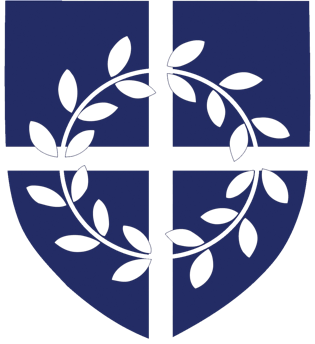WES is like…. a rocket ship, a bird’s nest, a bakery. Or perhaps it’s a dance party in front of a pyramid, in which all of the attendees climb that pyramid, transform into a bird, and then fly away. These are just a few of the metaphors the Strategic Planning Committee (SPC) generated last Friday when we were asked to describe our school.
While these descriptions may sound whimsical, they were part of an important collaborative brainstorming session during the kick-off meeting for our strategic planning process. Our facilitator wanted us to think deeply about WES in a new way, challenging us to reflect on what we do and how we do it.
As I shared with parents during our Back to School Nights a few weeks ago, WES is entering the next stage of its strategic planning. We are at both an exciting and pivotal time in the school’s history, with the largest enrollment WES has ever had. As a result, we believe it’s essential to evaluate where we currently are, where we came from, and where we hope to go as we seek to live out our mission of developing kind, confident, and prepared students. Consequently, we are partnering with Leadership + Design, an innovative educational planning firm, as we research, design, and build WES’s next strategic plan.
Our strategic plan will set a direction for the school’s future – it will help us envision how we deliver a relevant and meaningful student experience in new contexts, markets, and a changing educational landscape. It will guide and focus our work for the next 3-5 years and help strengthen and secure WES’s position in the DC area.
This is a deeply collaborative process. The SPC is composed of parents, board members, faculty, staff, administration, and past parents, and there will be multiple opportunities for other members of our community to get involved. On Friday, the parameters of our work were defined, and we engaged in multiple exercises challenging us to think creatively about our school, our identity, and the external factors influencing both society and the future of education.
The timeline will be as follows:
Over the next month and a half, our SPC will be interviewing multiple members of our community.
Next, there will be faculty, staff, and parent think tanks on November 10 and 11. These Think Tanks are a chance to come together and think about the future of the school. They are designed to be fun, helping us generate more complex, strategic, and interesting ideas through working together. These events are a chance to engage in thinking about our school, education more broadly, and the ways that WES can meet the needs in our world.
Then, on Saturday, January 28, we will have our Community Day, which is a chance for the community to provide feedback on the work of the SPC. During this day, constituents are broken into smaller teams; each tasked with designing solutions to specific areas of inquiry identified by the SPC. It is a day of community building, community thinking, and the SPC leaves with hundreds of ideas to inspire, inform, and influence their work.
After we receive that feedback, we will finalize the 2-3 big ideas that will shape the focus of the school’s work for the next 3-5 years, and share the results with the community during the late spring or early summer.
The future is designed by forward-thinking communities, and we are excited to see how this process helps propel WES into its next stage.
Danny Vogelman
Head of School








